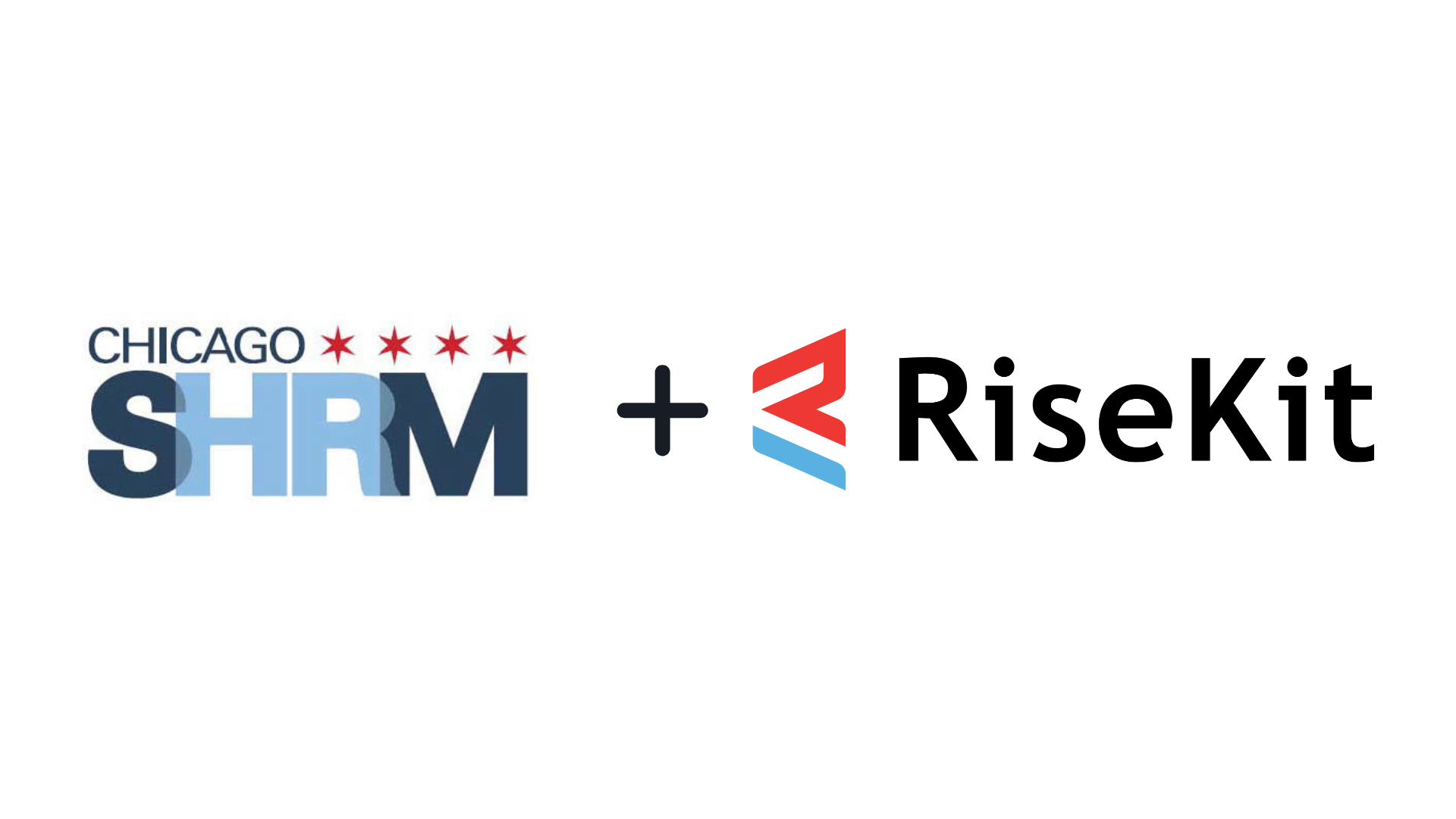5 mistakes to avoid when forming employment partnerships
Published:
Mistakes are common in the early stages of employment partnerships. As workforce development programs grow, however, there are several mistakes to avoid to be successful.
RiseKit recently chatted with Mallory Zilligen, Business Services Coordinator at Jane Addams Resource Corporation (JARC), an organization that helps low-income job seekers land good jobs in the manufacturing sector. She shared lessons learned and mistakes that should be avoided at all costs when forming employment partnerships.
Not creating a balance. Zilligen says that it is a tricky balancing act to keep both the client and partner happy. However, creating that balance is critical.
“That definitely comes with the territory of advocating for the trainee if something does go wrong. You want the employer to have understanding and believe that this isn't a common occurrence or this isn't reflective of [the trainee’s] performance, but you also have to balance the needs of the employer,” she said.
Being unsupportive of workers. JARC is the golden standard of how fully supporting a workforce development program’s clients benefits its employment partners. The agency takes a holistic approach with its clients to ensure their success—and the success of its partners.
For example, if any clients have car trouble that prevents them from going into work, JARC has an emergency fund for car repairs and ridesharing. This keeps more people at work and their employment partners happy.
Making excuses. Zilligen said it’s easy to make excuses if the client does something wrong, but don’t fall into that trap. Accept responsibility, rectify the situation and move on.
“If somebody is having poor performance when it comes to attendance, then you want to say, ‘That's unacceptable. That's something we're going to talk to them [about]. We wouldn't put up with that in our program.’ [Say that] instead of, ‘Oh here's excuse A, B and C why this happens,’ which honestly goes back to what I was saying before about having that serving the employer mindset,” she said.
Forgetting your purpose. Zilligen reminds workforce development staff that they are here to serve the clients and partners and should make their processes as easy and enjoyable as possible.
“You're there to help their business be successful,” she said.
She said she used to unknowingly inundate partners with emails until she realized that sometimes less is more. Now she’s more in tune with her partners’ wants and needs and is mindful of how often she reaches out to them.
Not asking for help. Kelly DeBouver, Senior Corporate Account Manager at the Cara Collective, agrees with Zilligen that building employment partnerships is not easy but encourages frontline staff to remember that they are not alone. She says that there is always someone out there willing to help, so don’t be afraid to ask for it.
“A mistake I was making is I was trying to handle it all on my own,” she said.




